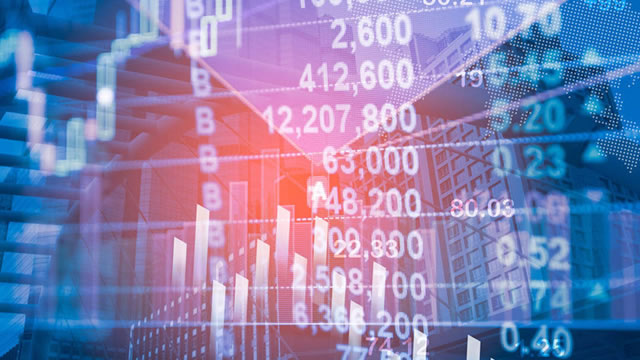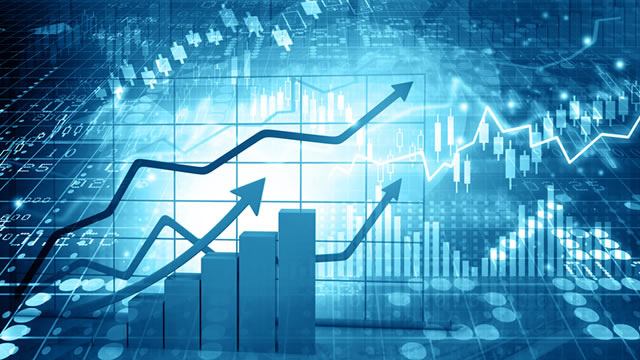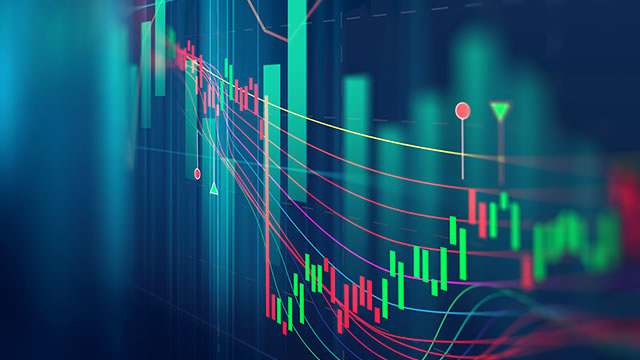Gold: A Safe Haven Amidst Global Uncertainties
The gold market has been making headlines recently due to the various pressures pushing it upwards. With the ongoing threat of tariff wars and geopolitical tensions around the world, investors have been turning to gold as a safe haven asset. Let’s delve deeper into why this precious metal continues to be a favorite in the trading world.
Why Gold?
Gold is often referred to as a safe haven asset because it has historically held its value during times of economic instability and geopolitical uncertainty. It is a tangible asset that can be easily bought and sold, and its value is not dependent on the performance of any particular country’s economy or currency. In times of market volatility, investors often turn to gold as a way to protect their wealth.
Tariff Wars and Geopolitical Tensions
The current global economic climate has provided ample reason for investors to seek out the safety of gold. Tariff wars between major economic powers like the United States and China have created uncertainty in the markets, leading to increased demand for gold. The ongoing tensions between these two countries have resulted in higher tariffs on imports and exports, which can lead to decreased trade and economic growth.
Furthermore, geopolitical tensions around the world have also contributed to the upward trend in gold prices. Conflicts in the Middle East, North Korea’s nuclear program, and Brexit are just a few examples of the geopolitical issues that have caused market volatility and increased demand for gold.
Effects on Individuals
For individuals, investing in gold can be a wise move during times of economic instability. Gold can help to diversify an investment portfolio and protect against inflation. It is also a liquid asset, which means it can be easily bought and sold when needed. However, it is important to note that investing in gold carries risks, and the price of gold can be volatile.
Effects on the World
The effects of gold’s upward trend can be felt on a global scale. Countries that produce gold, such as Australia and South Africa, can benefit from increased demand and higher prices. However, countries that rely heavily on gold imports, such as India, can face challenges in terms of affordability and potential trade deficits.
Furthermore, the mining of gold can have negative environmental and social impacts. Gold mining can lead to water pollution, deforestation, and the displacement of local communities. It is important for investors to consider the ethical implications of investing in gold and to choose companies that prioritize sustainable mining practices.
Conclusion
In conclusion, the gold market continues to be a favorite among investors due to the various pressures pushing it upwards. With ongoing tariff wars and geopolitical tensions, gold remains an attractive safe haven asset. However, it is important to remember that investing in gold carries risks, and it is essential to consider the ethical implications of investing in this precious metal. As individuals, investing in gold can help to diversify an investment portfolio and protect against inflation. On a global scale, the effects of gold’s upward trend can be felt in various ways, from economic benefits for producing countries to potential challenges for importing countries and negative environmental and social impacts.
- Gold is a safe haven asset that holds its value during times of economic instability and geopolitical uncertainty.
- Tariff wars and geopolitical tensions have increased demand for gold, leading to higher prices.
- Individuals can invest in gold to diversify their portfolio and protect against inflation.
- Countries that produce gold can benefit from increased demand and higher prices.
- Countries that rely heavily on gold imports can face challenges in terms of affordability and potential trade deficits.
- Gold mining can have negative environmental and social impacts.





